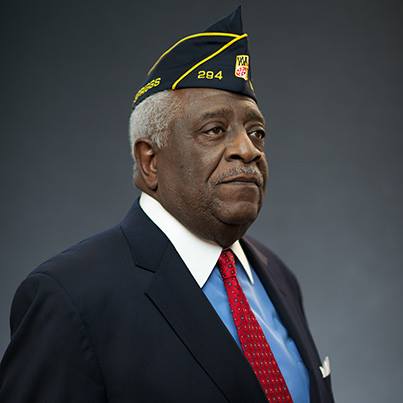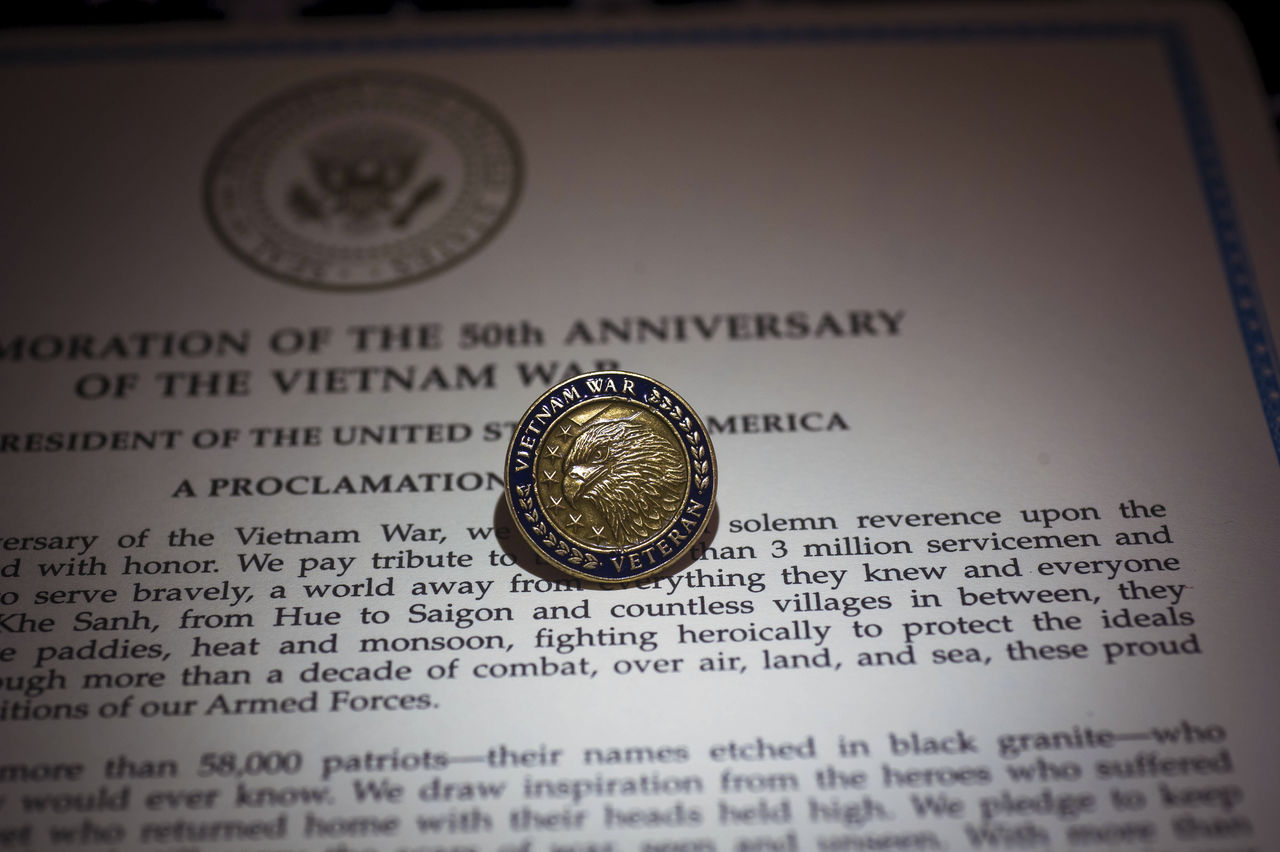AARP Hearing Center

AFRICAN AMERICAN HISTORY MONTH: REFLECTIONS
Coming home from the military in the mid to late 1960s to about 1975 was no piece of cake. Anti-war fervor and attacks upon military personnel abounded, and wherever we ventured we were persona non grata. Even the American Legion did not want us around; and our families, while glad to see us home, thought we were strange.
If you were African American, the pain was even more excruciating – especially when asked, “Why were you over there killing yellow people for the white man?” While overseas, many had seen flyers, asking, “Why are you here fighting us, when your people are back home fighting the same enemy for freedom?” Looking around our communities, seeing the devastation from insurrections following the assassination of Dr. Martin Luther King, Jr. left us numb and bewildered. Why did we serve? What did we expect?
The Search for Understanding

Seeking answers, we began to study, burying ourselves in educational pursuits and joining liberation groups on the college campuses as a means to fit in. The pathway for many of us was the Black Studies Movement on campuses across the nation.
We sought answers to our plight and the struggles of prior military personnel. We looked deeper than most of our classmates; the war had affected us differently and we were seeking validation for our internal love of America. We dared not display our love of country. Likewise, complaining about deficiencies in American Democracy was insufficient to our psychological needs.
Over time, we came to understand what W.E.B. Dubois referred to as “dualism” – being black and American at the same time. We read Souls of Black Folk, the Philadelphia Negro and many of his works. On the Morgan State College Campus, we were fortunate to have friends of DuBois as professors. We were fond of all our teachers but we loved Dr. Irene Diggs, Professor of Sociology, and a former research assistant for Dr. DuBois. When she spoke of him, her admiration of him was evident. Through encountering these extraordinary professors, the words of DuBois, during WWI, eased our pain as we came to understand the “Promise of America.”
First Your Country
“Close ranks,” exhorted W.E. B. DuBois as World War I bore down across Europe, “Let us while this war lasts, forget our special grievances and close our ranks shoulder to shoulder with our own white fellow citizens and the allied nations that are fighting for democracy.” The Crisis, the communications arm of the NAACP, espoused, “First your country, then your rights.” Heeding the call, more than 350,000 African Americans volunteered – 200,000 of whom served overseas. The extraordinary patriotism of people of color came at the height of one of the most violent periods in American History. Thousands of Ku Klux Klansmen marched down the streets of the Capital while President Woodrow Wilson ignored the widespread violence perpetrated against African Americans.
Even African American Soldiers in uniform were not safe from the threat of being attacked, beaten, and murdered. Despite this overt hostility, their patriotism was paramount. Are we different from our forefathers? Is America different now than in their times? Obviously, the answer is a resounding “No!”
Finding Our Way Forward
Thus, we were able to find our footing and continue the struggle of our forefathers. We no longer needed validation from anyone. We’re no longer waiting but pursuing the “Promise of America.” That is our commitment to African American History – the hidden history of America. That is also our commitment to America. Sometimes, we need to reflect! African American History Month is a time for reflections.
For more stories and information about Black History Month, and AARP resources for the African-American/Black community, click here.































































